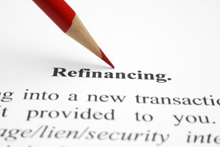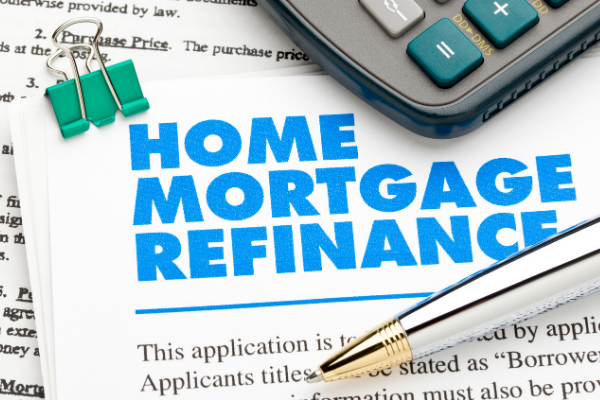Deciding Whether To Move or Refinance: Which Is The Better Option?
 There are a lot of people who are wondering if now is the right time to move or refinance their current home loan. With interest rates still favorable, a lot of homeowners have the potential to save a lot of money if they are able to secure a home loan with a lower interest rate. There are two ways homeowners can secure a home loan with a lower interest rate. The first is to refinance. The second is to move. Which option is better? There are a few key points to keep in mind.
There are a lot of people who are wondering if now is the right time to move or refinance their current home loan. With interest rates still favorable, a lot of homeowners have the potential to save a lot of money if they are able to secure a home loan with a lower interest rate. There are two ways homeowners can secure a home loan with a lower interest rate. The first is to refinance. The second is to move. Which option is better? There are a few key points to keep in mind.
Taking A Closer Look At Refinancing
There are a lot of homeowners who have an abundance of equity currently built up in their homes, making this a great time to refinance. With a refinance, there are multiple options available. Some homeowners might refinance to access the equity in their homes, allowing them to complete a project. Some homeowners might refinance in an effort to pay off their home loan sooner. If homeowners are trying to access more equity, or are trying to shorten the term of the loan, then refinancing might be the smart move.
Looking At The Option Of Moving
The other option is to get a new home loan entirely by moving. This is an attractive option for homeowners who might have a dream house they would like to move to. In particular, any homeowner who currently has a home loan with a high interest rate should consider moving into their dream home now. Because mortgage rates are low right now, this is a chance for homeowners to move into a larger house while keeping their mortgage payments the same or less by obtaining a lower interest rate.
Every Situation Is Different
In the end, every situation is different. Because interest rates right now are so low, now could be the time for homeowners to consider moving or refinancing. Switching to a home loan with a lower interest rate could save tens of thousands of dollars over the life of the loan. Anyone with questions or concerns should reach out to a professional for help.


 In 2019 many people expected that the home lending market was going to eventually grow more expensive. Instead, 2020 spent its entire 12 months becoming more affordable when it came to financing a personal home, moving in the opposite direction of what was expected. Not only did the loan cost drop break previous records, but it also presented an additional opportunity for homeowners to reposition and take advantage of lower borrowing costs again.
In 2019 many people expected that the home lending market was going to eventually grow more expensive. Instead, 2020 spent its entire 12 months becoming more affordable when it came to financing a personal home, moving in the opposite direction of what was expected. Not only did the loan cost drop break previous records, but it also presented an additional opportunity for homeowners to reposition and take advantage of lower borrowing costs again.